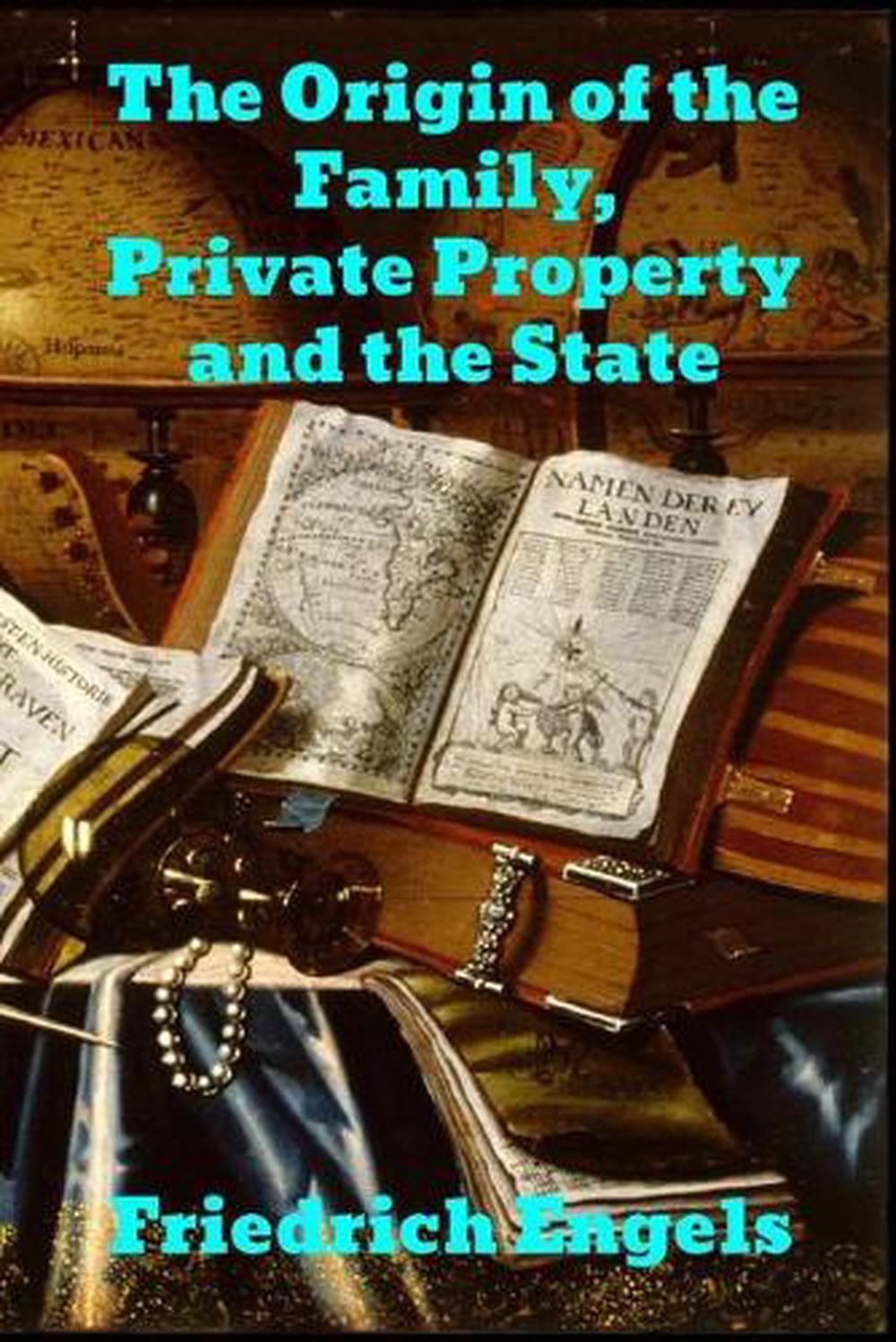

Women’s labor is not part of the public realm under the monogamous family social structure.

Labor, Engels implies, only confers stature and power when it has a public function. This wage inequality between men and women reinforces male supremacy by placing more power in men’s hands. Engels argues that “the modern individual family is founded on the open or concealed domestic slavery of the wife.” This family structure has far reaching consequences for both sexes, as well as for society. A communistic model, made up of multiple couples and their children, gives women a public and socially necessary role, while the modern, individualistic family turns women’s labor into a private service. In his anthropological reconstruction of family economics, Engels argues that the institution of marriage is an unequal division of labor that was “relatively a step backward, in which prosperity and development for some is won through the misery and frustration of others.” Marriage, then, serves as a microcosm of society, and thus provides lessons for how to escape an exploitative capitalist system.Įngels contrasts what he terms the “communistic household” with the modern family. The first division, according to the theorists, is “that between man and woman for the propagation of children.” Engels argues that the sexual division of labor is a significant problem for contemporary labor. In his Origins of the Family, Private Property, and the State, Friedrich Engels discusses what he and Marx termed “the first division of labor” in The German Ideology, written in 1846. 1884.ĭomestic labor has been a central concern to Marxist theorists since the nineteenth century. Origins of the Family, Private Property, and the State.




 0 kommentar(er)
0 kommentar(er)
